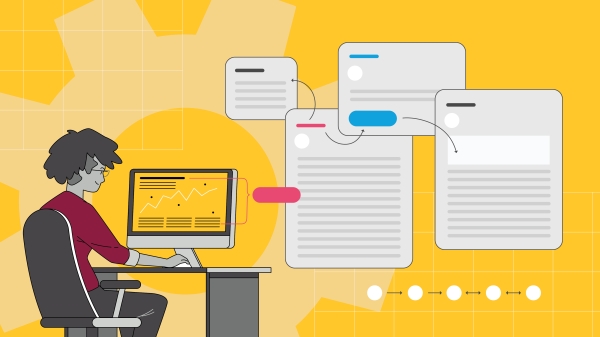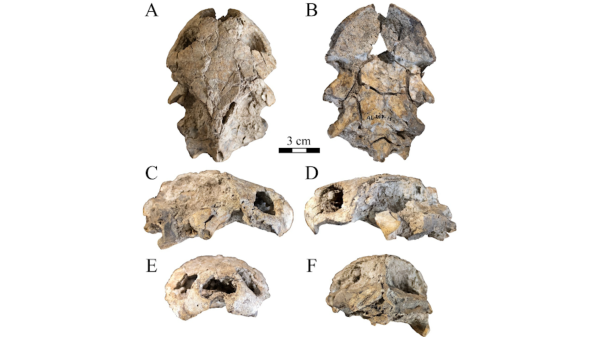Norovirus, the gastrointestinal sickness that causes severe discomfort, has stricken 200 people at a Seattle holiday party and is suspected in the illnesses of 80 in Boston, according to news reports.
But don't dismiss it as mere food poisoning.
The effects of norovirus are more far-reaching and can wield enormous economic damage from shutting down buildings to knocking employees out of work and even closing schools, according to Charles Arntzen. The Arizona State University biologist knows the virus well; he develops new medicines and new ways to deliver them and has been chasing a norovirus vaccine for years.
Arntzen, founding director of ASU’s Biodesign Institute, played a key role in the first successful Ebola treatment that saved two American doctors last year. Here, he shares his expertise to provide perspective on the recent norovirus outbreaks.
Question: There are all sorts of foodborne illnesses. Why focus on norovirus for a vaccine?
Answer: It is the dominant disease in terms of economic cost to society. People are out of work, you have to close down an office building in Seattle. It is common for schools to have to close down. Houston recently had to close a couple of schools. Hospitals close down wings. It is a disruptive disease.
Q: While some may think this is simply a “stomach bug,” there are big public health implications, right?
A: The science interest in the norovirus is that it keeps mutating. So we get exposed to it one year and we may get sick again the next year because a new strain has evolved. It is entirely possible that the strain in Seattle is the new dominant strain that will circulate this winter.
Q: What does the Seattle incident tell us about the norovirus?
A: It is the time of year. We have norovirus all year around but it kicks into high gear in late fall and especially through the winter months. People are indoors, more people are in one area so it easily spreads. The outbreaks almost always come from some contaminated food. It spreads from person to person very quickly but it’s initiated usually from food. It causes 48 hours of extreme gastrointestinal distress and then you get over it.
What caught everyone off guard was so many people got infected. So whatever initiated this was a pretty contaminated food source that everyone was consuming. It re-emphasizes that food safety issues this time of year need to be observed very carefully.
Q: You are working on a norovirus vaccine?
A: We’ve been working on a vaccine for the last 12 years. We have been trying to get it into human clinical trials. To get into that stage, I need something in excess of $5 million in funding and I’ve never been able to raise that.
The secret to a good vaccine is in the formulation and how it is presented. Will it be injectable or will it be oral? We favor the oral vaccine route. There eventually will be an oral virus vaccine. The uncertainty is, will it be mandated? How much demand will there be because it is not life threatening to most people? It may be hard to commercialize.
Charles Arntzen is pioneering vaccine research growing biologically identical viruses in tobacco plants to produce antibodies that will combat the viruses, in his Biodesign Institute lab. Photo by Charlie Leight/ASU Now
More Science and technology

When facts aren’t enough
In the age of viral headlines and endless scrolling, misinformation travels faster than the truth. Even careful readers can be swayed by stories that sound factual but twist logic in subtle ways that…

Scientists discover new turtle that lived alongside 'Lucy' species
Shell pieces and a rare skull of a 3-million-year-old freshwater turtle are providing scientists at Arizona State University with new insight into what the environment was like when Australopithecus…

ASU named one of the world’s top universities for interdisciplinary science
Arizona State University has an ambitious goal: to become the world’s leading global center for interdisciplinary research, discovery and development by 2030.This week, the university moved…

